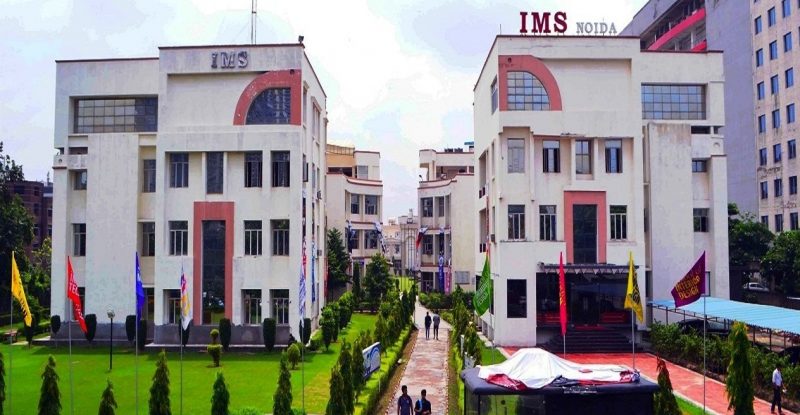In today’s rapidly evolving digital landscape, the importance of cyber security cannot be overstated. With the proliferation of digital technologies and the increasing reliance on the internet, businesses, governments, and individuals are exposed to a multitude of digital threats. In this context, IMS Noida College has been at the forefront of exploring and implementing innovative trends in cyber security to safeguard its digital infrastructure and promote awareness among its students. This article delves into the latest trends in cyber security and digital threats, particularly as they relate to Institute of Management Studies Noida College.
Current Cyber security Landscape: The digital realm has witnessed significant advancements, and so have cyber threats. The past few years have seen a surge in cyberattacks, data breaches, and ransomware incidents. These attacks not only disrupt operations but also compromise sensitive information. IMS Noida College recognizes the urgency of addressing these challenges and has embraced innovative strategies to mitigate risks.
Innovative Trends in Cyber security:
1. Zero Trust Architecture: Traditional security models rely on a perimeter-based approach, assuming that threats are external. The Zero Trust model, which IMS Noida College has been adopting, operates on the principle of ‘never trust, always verify.’ Every user and device, whether inside or outside the network, is treated with skepticism until proven trustworthy.
2. Artificial Intelligence (AI) and Machine Learning (ML): AI and ML are revolutionizing cybersecurity by enabling rapid analysis of massive data sets to identify patterns indicative of cyber threats. IMS Noida College employs AI-driven solutions to detect anomalies and predict potential threats, enhancing its ability to respond effectively.
3. Multi-Factor Authentication (MFA): MFA adds an extra layer of security by requiring users to provide multiple forms of verification before accessing systems. IMS Noida College promotes MFA to ensure that only authorized individuals can access sensitive data and systems.
4. Blockchain for Data Integrity: The decentralized and tamper-resistant nature of blockchain makes it a suitable candidate for ensuring data integrity. IMS Noida College explores blockchain applications to maintain academic and administrative records securely.
Digital Threats and Countermeasures:
1. Phishing and Spear Phishing: Cybercriminals use deceptive emails to trick users into revealing sensitive information. IMS Noida College educates its staff and students about identifying phishing attempts and promotes a culture of cautious online behavior.
2. Ransomware Attacks: Ransomware can cripple an organization by encrypting its data until a ransom is paid. IMS Noida College regularly backs up critical data, maintains offline backups, and employs robust cybersecurity solutions to thwart ransomware attacks.
3. IoT Vulnerabilities: The proliferation of Internet of Things (IoT) devices has expanded the attack surface. IMS Noida College emphasizes secure IoT device management, network segmentation, and regular updates to mitigate these vulnerabilities.
IMS Noida College’s Initiatives: IMS Noida College takes a proactive approach to cyber security and digital threats:
1. Cyber security Workshops: The College hosts workshops, seminars, and webinars to educate students about the latest cyber security practices and threats, fostering a generation of digitally-aware individuals.
2. Collaboration with Industry Experts: IMS Noida College collaborates with cyber security experts and industry professionals to gain insights into emerging threats and effective defense strategies.
3. Ethical Hacking Programs: The College offers ethical hacking programs, allowing students to understand the mindset of attackers and develop skills to protect digital assets.
The dynamic landscape of cybersecurity and digital threats demands continuous adaptation and innovation. Institute of Management Studies Noida College stands as an exemplar in embracing cutting-edge trends to safeguard its digital ecosystem. By staying updated with emerging threats and implementing proactive measures, the college not only secures its data but also empowers its students to become responsible digital citizens in a rapidly evolving technological era.


